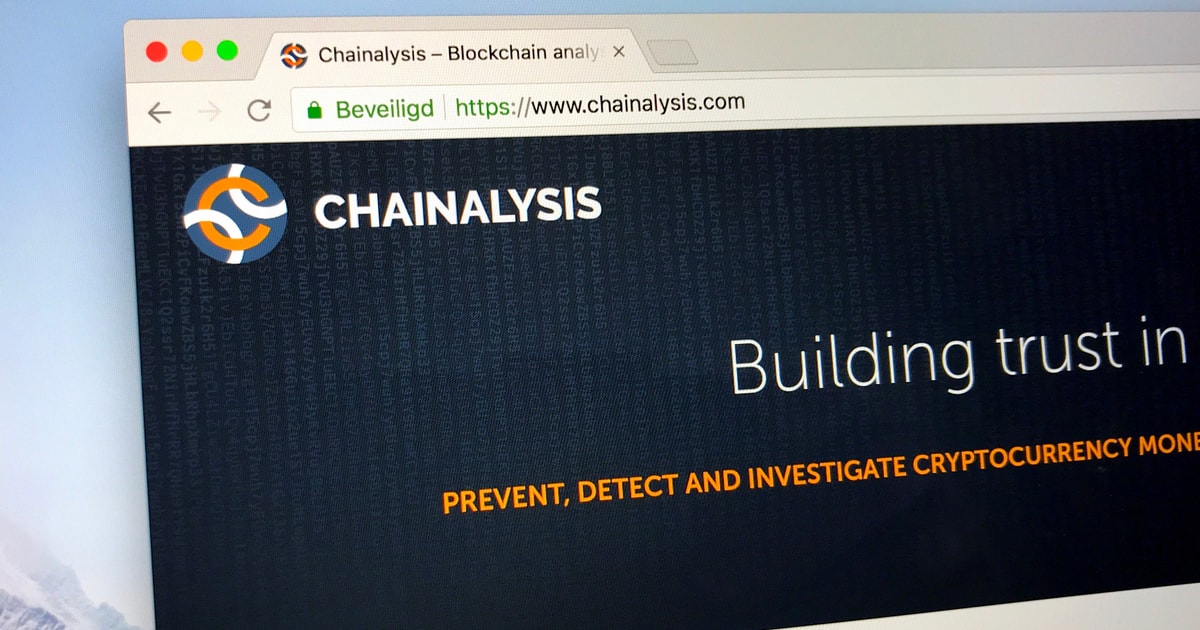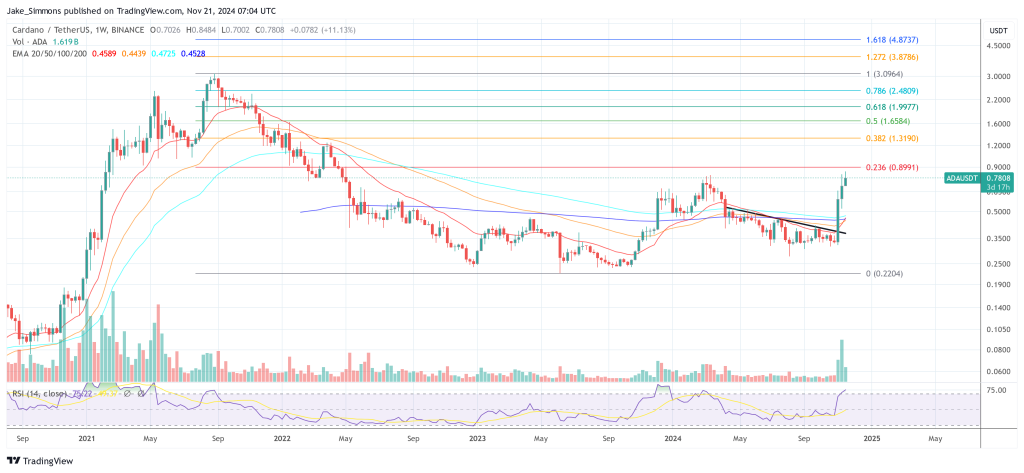New York City Mayor Eric Adams is right – the bitcoin mining moratorium is a bad idea, says Patricia Trompeter, CEO at Sphere 3D.
By the time you read this, New York Governor Kathy Hochul may have already signed a bill that bans new bitcoin mining permits in the state for two years. As I write this, the controversial bill, which narrowly passed in the statehouse, is in limbo awaiting Hochul’s signature.
A handful of upstate politicians threatened to oppose Hochul’s election bid if she doesn’t sign the bill. Meanwhile, New York City Mayor Eric Adams, who’s famously bullish on crypto, urged the governor to veto the bill.
Mayor Adams is right. The bitcoin mining moratorium is a bad idea, and Governor Hochul shouldn’t sign it. The bill’s ostensible goals, to reduce energy consumption and greenhouse gas emissions, are critically important. But the proposed legislation would completely fail to advance those objectives.
The mining moratorium would also have a negative impact on the Empire State’s jobs and damage the state’s reputation for innovation and fintech leadership.
Instead, lawmakers should consider other options that would provide incentives for more sustainable bitcoin mining to protect both the environment and valuable jobs. More on that in a moment, but first, let’s back up and examine the reasons why we’re in this situation.
New York: Why Some Lawmakers Are Targeting Bitcoin Mining
To understand how we got here, it’s important to acknowledge the galactic-scale subject matter ignorance among some of the people who are in a position to regulate cryptocurrencies and associated activities like bitcoin mining. Some policymakers are not only lacking a solid understanding of crypto mining issues, but they’re thunderingly clueless about cryptocurrencies in general.
For example, some policymakers have speculated since “crypto” means “hidden” and “currency” means “money,” cryptocurrencies must exist to hide money made from illegal activities. The reality: Blockchains keep an indelible ledger of transactions, while criminals are routinely busted with stacks of untraceable paper currency issued by the U.S. Treasury.
That leap in logic was a genuine “tell me you know nothing about crypto without saying ‘I know nothing about crypto’” moment. Thankfully, that level of cluelessness is not universally shared among lawmakers, many of whom are well informed. But it is an issue.
On the New York mining moratorium specifically, the problem may be due to a misunderstanding about how much energy the mining process consumes and its greenhouse gas impact. Bitcoin accounts for just 0.23% of total energy consumption, and data centers less than 2% of kilowatt-hours in the U.S.
That’s not to say crypto mining energy consumption is not worth addressing – it is. But it’s a species of greenwashing to claim that mining bans would seriously address climate issues when transportation makes up 27% of U.S. greenhouse gas emissions. No one is proposing a shutdown of LaGuardia or JFK. Bitcoin mining isn’t well understood, so it’s an easy target.
Why Bans Are the Wrong Approach
A ban like the one currently sitting on Governor Hochul’s desk is the wrong approach for two simple reasons: It will not work and it will cause harm. If the governor signs it, companies planning to open in New York will simply open in another region, taking potential jobs out of the state.
Not only would those jobs be lost to another state, the energy consumption and emissions the ban is purportedly designed to stop would still occur. Addressing climate change requires collective action, so pushing companies out of New York to consume energy elsewhere is futile. The ban won’t cut overall energy consumption, but it will drive sources of revenue for clean energy infrastructure out of the state.
Let’s keep in mind bitcoin miners can be great corporate citizens. New York lawmakers should look north to Canada for an example. Jaime Leverton is CEO of Hut 8 Mining Corp., one of North America’s largest mining firms. She and her team work closely with City of Medicine Hat officials to strengthen the local economy and protect the environment.

What Lawmakers Can Do Instead
As the CEO of a Nasdaq-listed, net carbon-neutral crypto mining company (not located in New York), I’m generally not in favor of additional regulation since it’s antithetical to the industry’s decentralization ethos. But lawmakers who are informed about the industry and clear-eyed on their goals can develop thoughtful proposals, like the bipartisan framework created by Senators Gillibrand (D-NY) and Lummis (R-WY).
Also, there’s a lot lawmakers can do outside of a regulatory framework to achieve the New York bitcoin mining moratorium’s stated goals. Incentives to promote the use of renewable energy could make a real difference by reducing the need for sustainability-conscious crypto miners to use carbon offsets while sourcing energy from coal-fired power plants.
Providing incentives to create more green hosting facilities is an effective strategy to help reduce the environmental impact of mining and other online activities.
We should be encouraging industry organizations to work toward more sustainable operations. Crypto Climate Accord (CCA) signatories vowed to reach carbon net-zero operations by 2040, but there’s not a smooth path forward without clearer green mining standards.
New York Mining Bill: It’s Time for Leaders To Stand Up and Be Heard
Regardless of the fate of New York’s bitcoin mining bill, we still need to address crypto’s effect on climate change. As small as its environmental impact is relative to industries like transportation, the crypto sector has a responsibility to reduce its carbon footprint, and many industry leaders embrace that obligation.
There are ways to achieve sustainability without forcing businesses to relocate, stifling innovation and depriving communities of revenue and economic opportunity. Crypto mining companies can be allies, contributing funds for much-needed infrastructure and education in communities while simultaneously creating jobs.
A mining ban of the type proposed in New York is a lazy response. We need public and private sector leaders who understand the industry to seek real solutions through collaboration – now is the time for those leaders to stand up and be heard.
About the author

Patricia Trompeter is the CEO of Sphere 3D Corp., a net carbon-neutral cryptocurrency miner. During her 15+ years leading business restructuring and turnarounds for GE Capital, Patti amassed significant expertise in optimizing operational systems and igniting the growth of companies. As the first female minority CEO of a crypto mining company, she is passionate about being a mentor and role model for minority female-owned businesses and hopes to inspire girls and women to pursue executive roles in every industry.
Got something to say about the mining ban in New York or anything else? Write to us or join the discussion in our Telegram channel. You can also catch us on Tik Tok, Facebook, or Twitter.
Disclaimer
All the information contained on our website is published in good faith and for general information purposes only. Any action the reader takes upon the information found on our website is strictly at their own risk.
You can get bonuses upto $100 FREE BONUS when you:
💰 Install these recommended apps:
💲 SocialGood - 100% Crypto Back on Everyday Shopping
💲 xPortal - The DeFi For The Next Billion
💲 CryptoTab Browser - Lightweight, fast, and ready to mine!
💰 Register on these recommended exchanges:
🟡 Binance🟡 Bitfinex🟡 Bitmart🟡 Bittrex🟡 Bitget
🟡 CoinEx🟡 Crypto.com🟡 Gate.io🟡 Huobi🟡 Kucoin.


















Comments